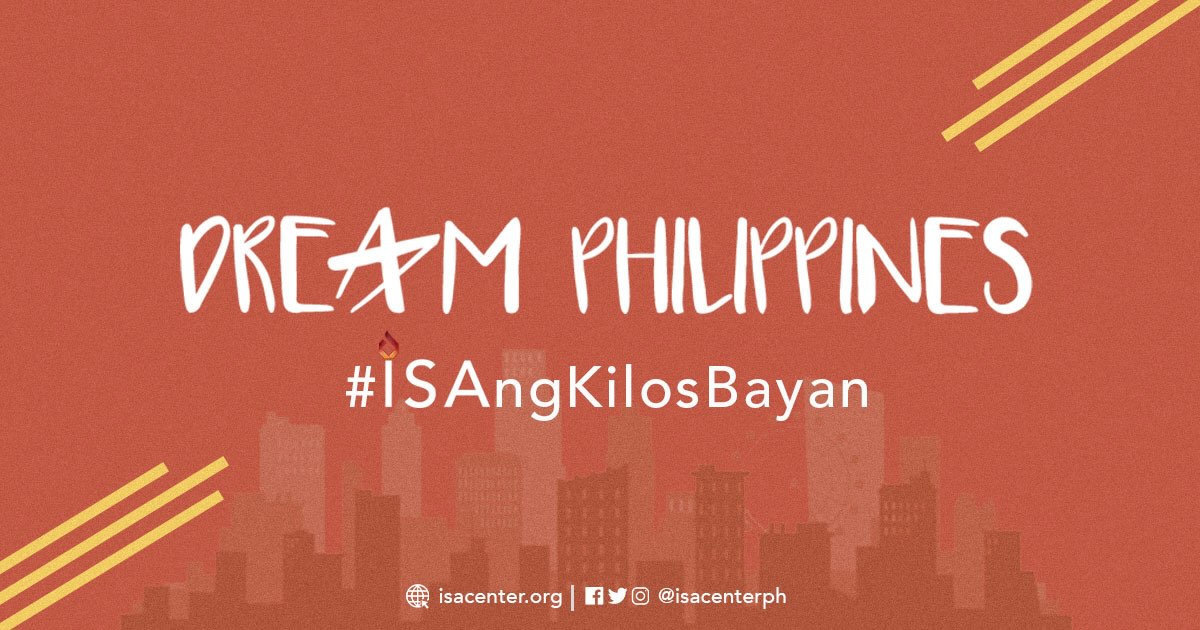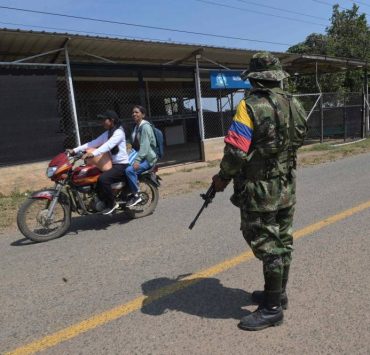What each Filipino can do to help build Dream Philippines

(First of two parts)
In continuation of my article last Jan. 15 and Feb. 26, the 28 strategic objectives that will help make Dream Philippines 2046 happen are enumerated here, together with some suggestions on how each Filipino can contribute.
1. A virtues-based society
It is in the family that values are formed. Parents must make conscious efforts to form the values (truth, justice, patriotism, integrity and honesty, responsible citizenship) of their children.
2. Deep spiritual, ethical and moral foundation
The school and the church are where the values formed at home are strengthened and reinforced. Values, like ethical behavior, fairness, accountability, transparency and servant-leadership, can be learned.
3. Human rights, religious freedom, spirit of enterprise
Filipinos can be vigilant watchdogs and warriors in promoting and defending human rights and the dignity of the human person, freedom of worship, freedom of speech and the spirit of enterprise. This also includes the fight against corruption and mis/mal/disinformation.
4. Deep sense of patriotism
The Filipino should have a strong sense of love of country, civic duty and concern for the common good driven by a genuine pride of the Philippine history and heritage.
5. Strong family institution /quality of life
This will require providing for the integral development of all its members—from maternal health, to infant nutrition, education, meaningful employment and social security.
6. Preservation of rich cultural heritage
An ordinary Filipino can be a patron of Philippine arts and culture, supporting visual and performing arts, and taking care of our rich tourism resources.
7. Strengthened, integrated and harmonized political systems
The challenge to government leaders is how to build ethical, strong, professionalized and accountable institutions with the use of good governance principles and practices. The governed also have a role to play in making sure that the political institutions become strong by being vigilant about national and local issues and influencing their own organizations.
8. Mature electoral process and civic consciousness
The governed can do their share by exercising their right to vote, voting wisely and making sure that the vote is counted. They should vote for leaders who are honest, not corrupt, service-oriented and with a strong sense of country and community. The electoral process must be kept credible, honest and transparent.
9. National peace and security
While this is primarily the role of the government, citizens can help by participating actively in the governance of their communities. The uniformed services can help by being faithful to their transformation road maps using the Performance Governance System.
10. Universal health care
This is primarily a government responsibility but Filipinos can help by staying healthy with regular exercise, proper nutrition and avoidance of toxic substances beyond moderate levels. Healthy Filipinos will not strain government resources.
11. Education for all
All Filipinos must aspire for continuing education for life. It starts with each family ensuring that the children are properly nourished to avoid malnutrition, stunting and wasting. All parents must strive to send their children to school.
12. Peaceful, safe and secure communities
A long-time dream is for government to transform the security and safety services sector (military, police, fire, penal, public safety units) into agencies that are respected, trusted and loved by the people. The Filipino can contribute by actively supporting them as civilian partners and as primary source of feedback as to how they are performing.
13. Promotion of STEM and dual vocational training with strong values components
There is a need to select, prepare, train and retrain, develop and retain teachers in STEM (science, technology, engineering and mathematics) and communications as well as civics, good manners, right conduct and values formation. Parents must constantly monitor the progress of their children in school; inculcate good study habits; model and reinforce the values that the schools teach; and help the children decide on career to pursue.
14. Protection, conservation and judicious development of marine resources
While government is primarily responsible, citizens can contribute by being vigilant against destructive fishing (e.g., dynamites). They must respect and protect sanctuaries, diversity resources and engage in entrepreneurial fisheries ventures with the use of modern aquatic technologies (like fish cages) and more efficient distribution channels.
15. Responsible development of mountain and mineral resources
The responsibility belongs primarily to the government. But citizens can organize and monitor the compliance of mining and extractive industry companies to regulatory standards of sustainability and responsible mining. INQ
(To be concluded)
















